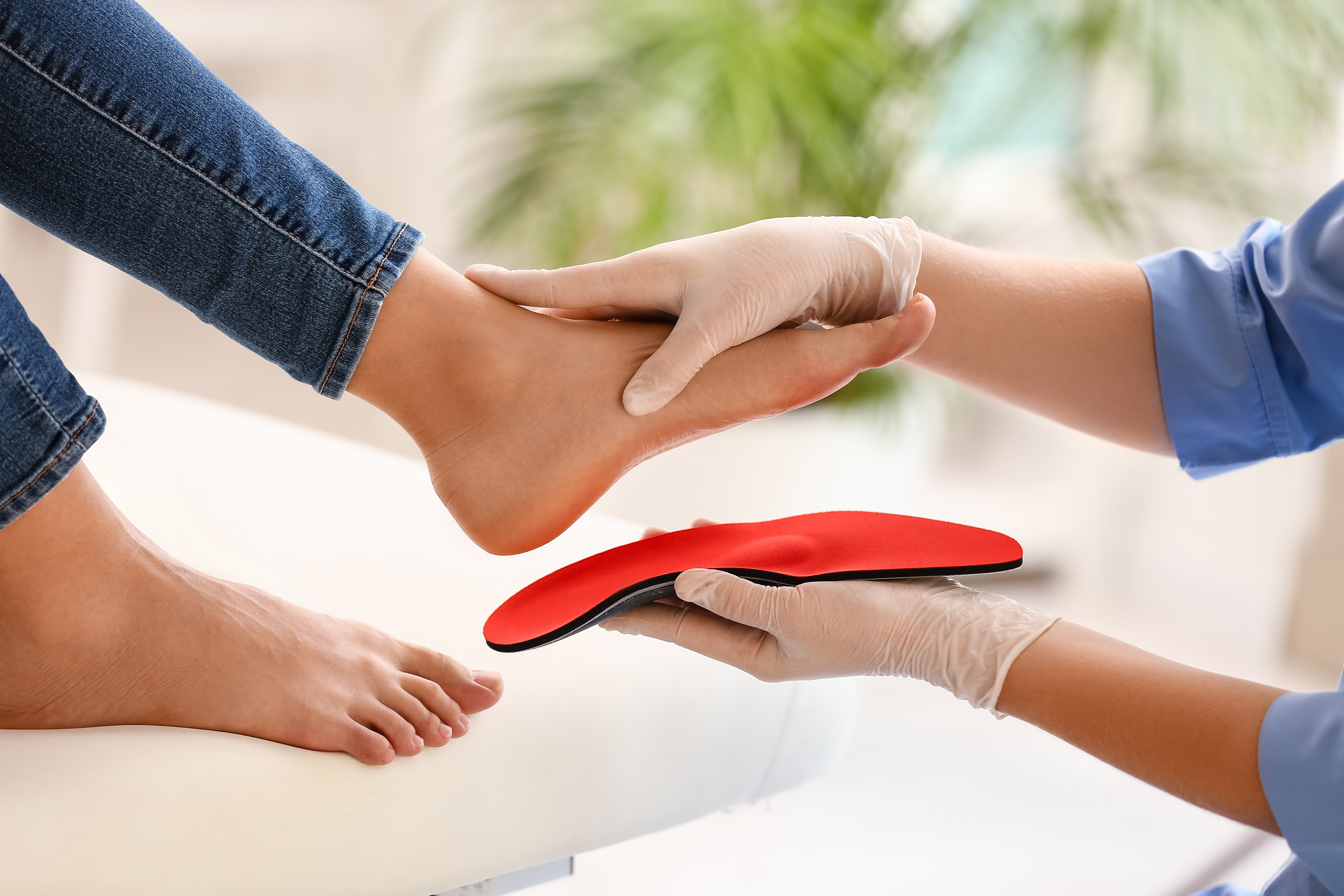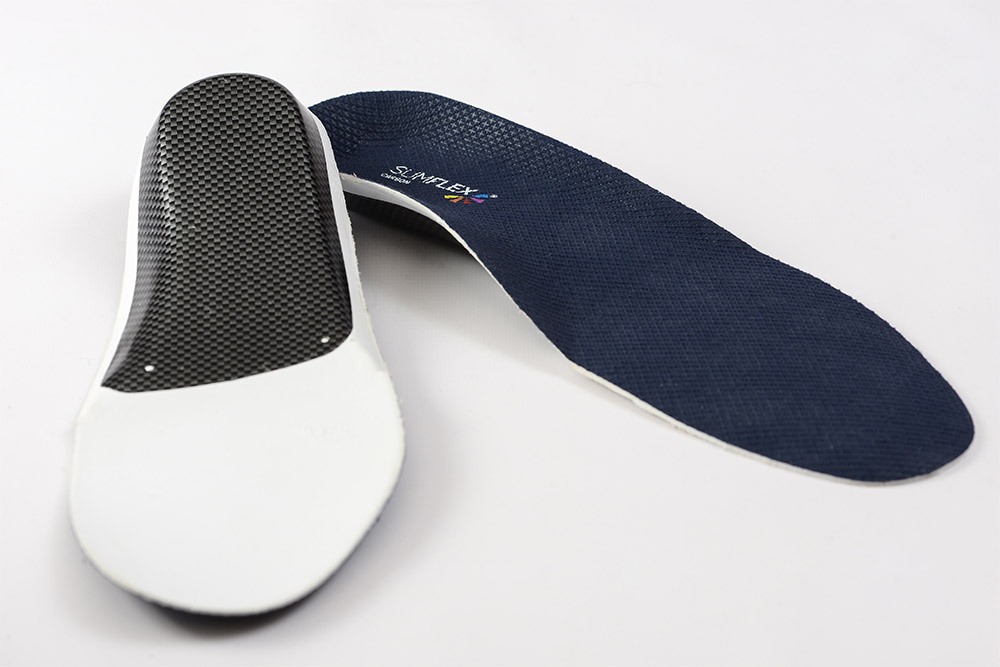orthotic insoles

Featured news
Why every podiatrist needs modifiable chairside insoles
While there are many off-the-shelf orthotics, these insoles may not marry up to the needs of the patient when presented straight out of the box, which means that modifications may be necessary to support the foot and help alleviate issues.
Read moreLatest News
-
What is: The Slimflex Range
Foot orthoses have been used for the management of lower-limb and foot pathologies since the 19th century - clinical studies have shown that orthotic devices contribute to the normal function of the foot.



